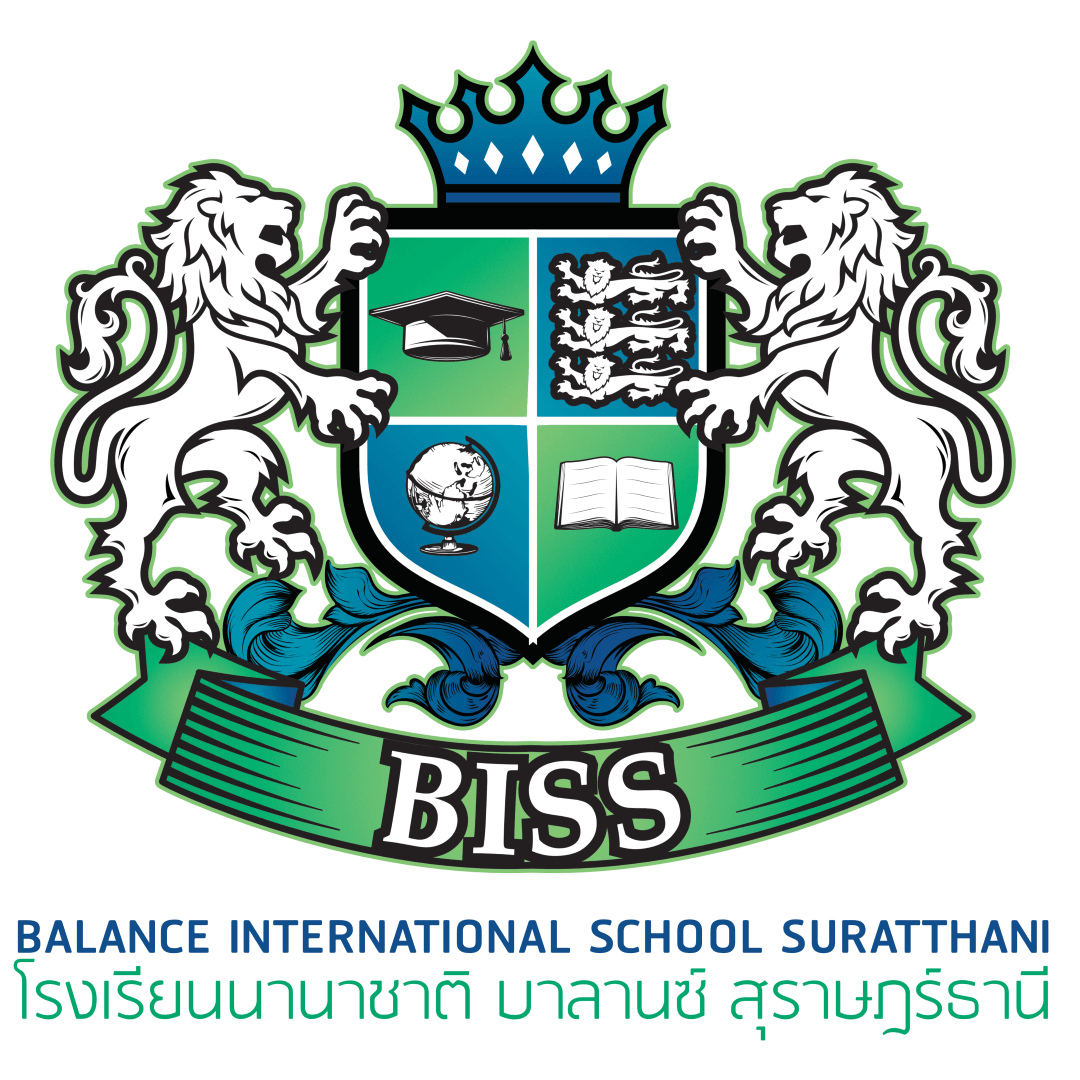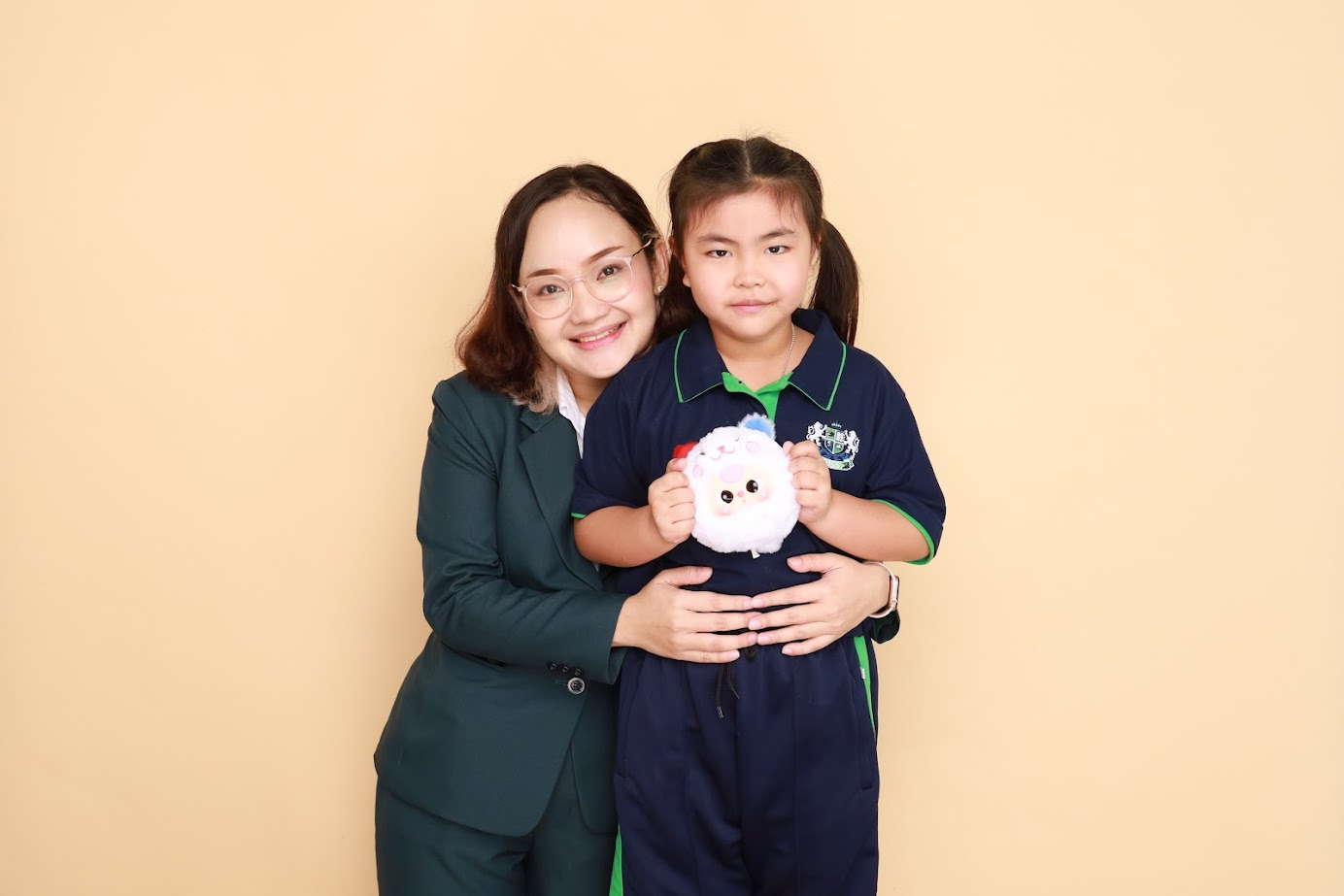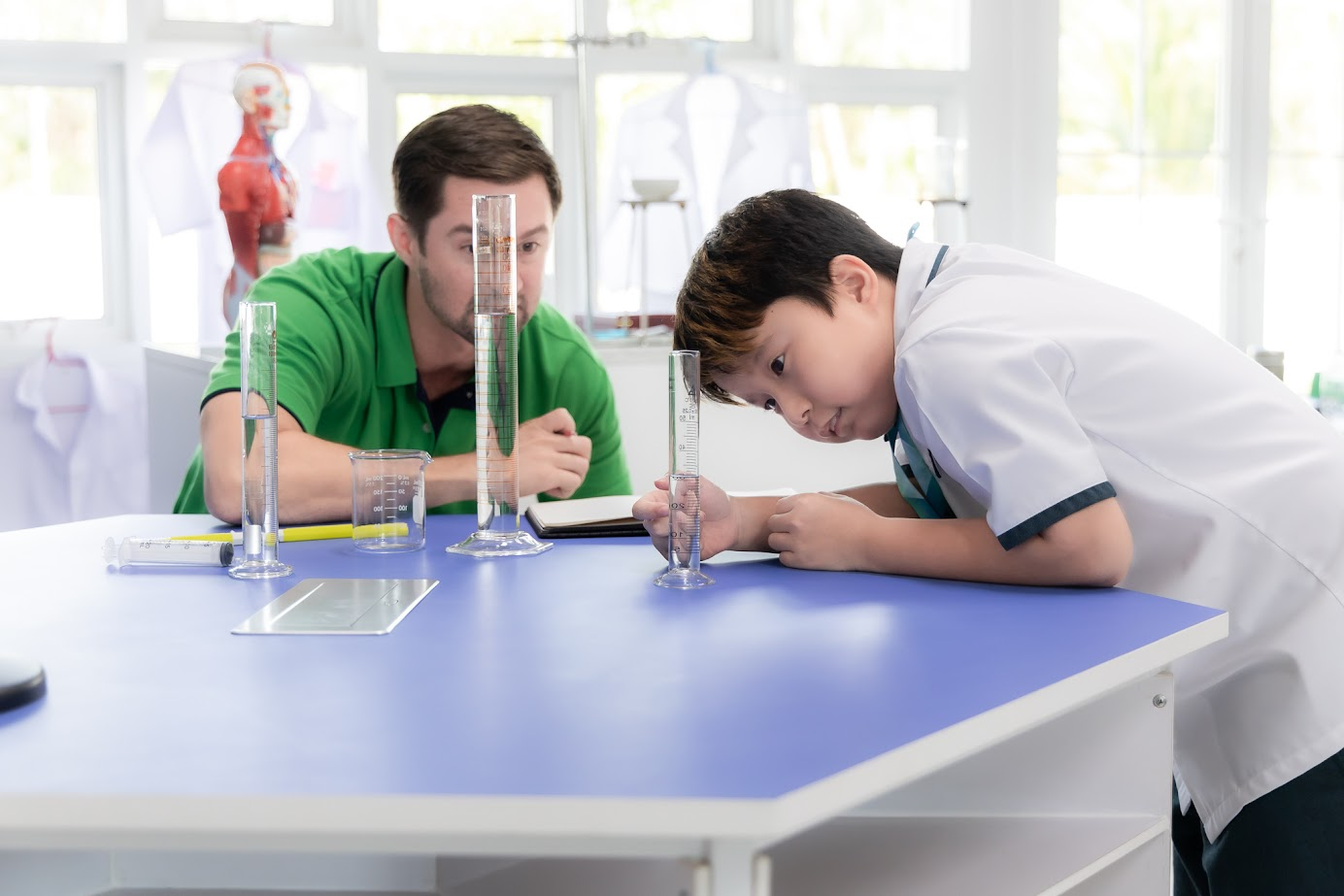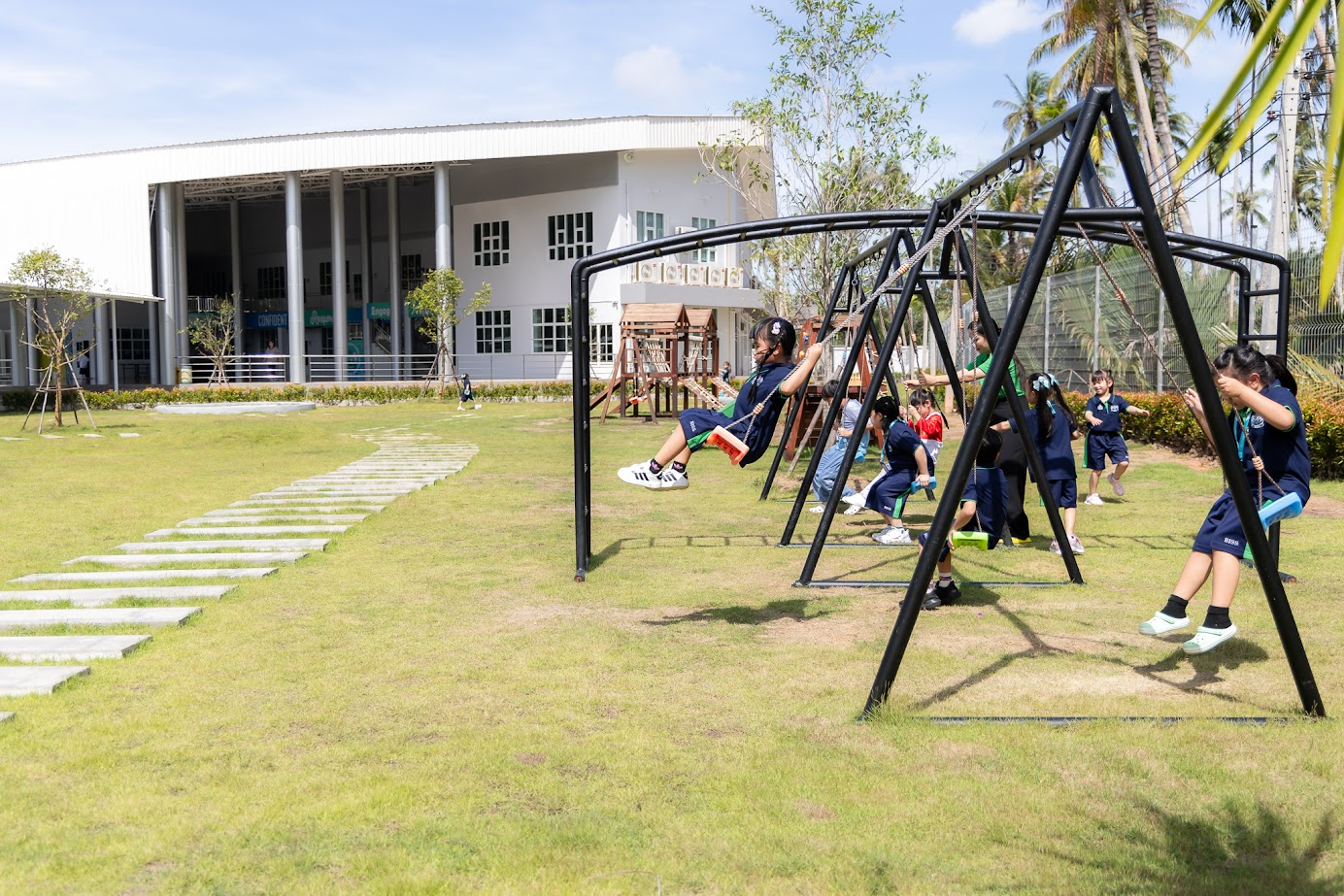The Cambridge Early Years Play-Based Education
The Cambridge Early Years Play-Based Education program is designed to provide young learners with a solid foundation for lifelong learning through engaging, developmentally appropriate activities. This approach recognizes the importance of play in early childhood development and integrates it into a structured yet flexible curriculum framework. Here is an overview of the Cambridge Early Years Play-Based Education:
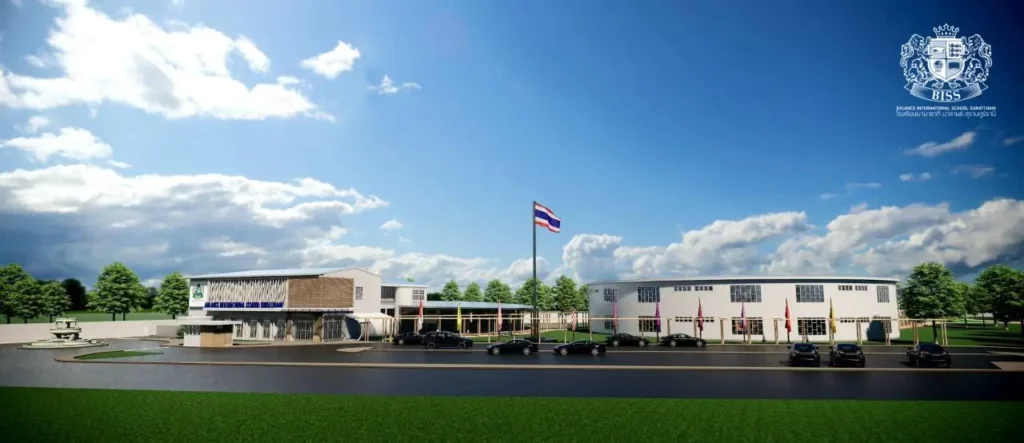
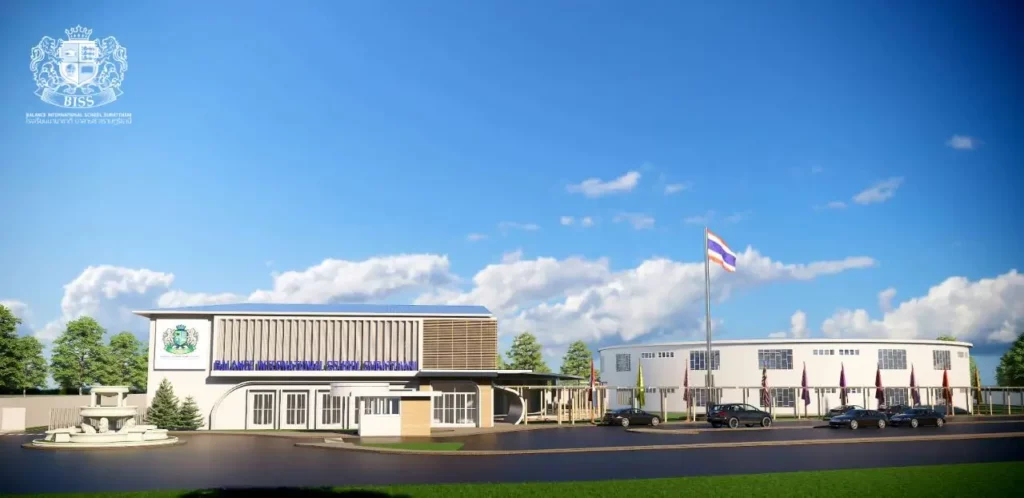
Key Features of Cambridge Early Years Play-Based Education
Child-Centred Approach:
The curriculum is designed to be child-centred, recognizing that young children learn best through play and hands-on experiences. Activities are tailored to meet the individual needs, interests, and developmental stages of each child.
Holistic Development:
The program focuses on the holistic development of children, encompassing cognitive, social, emotional, and physical growth. It aims to nurture well-rounded individuals who are curious, confident, and capable of critical thinking.
Integrated Learning Areas:
Learning is organised into key areas that are integrated into daily activities:
- Personal, Social, and Emotional Development (PSED): Building self-confidence, self-awareness, and social skills.
- Communication, Language, and Literacy (CLL): Developing speaking, listening, reading, and writing skills.
- Mathematical Development (MD): Understanding numbers, patterns, shapes, and problem-solving.
- Understanding the World (UW): Exploring the environment, people, technology, and the natural world.
- Physical Development (PD): Enhancing motor skills, coordination, and overall physical health.
- Creative Arts (CA): Encouraging creativity through art, music, dance, and imaginative play.


Play-Based Learning:
Play is the primary mode of learning. Children engage in various types of play, including free play, guided play, and structured play activities that promote exploration, discovery, and learning in a natural and enjoyable way.
At Balance, the play based classroom is divided into areas both inside and outside of the classroom. There are seven main areas which we have identified at Balance to stimulate learning:
- Dramatic area
- Block Contraction
- Art and Drawing
- Sensory area
- Reading nook
- Science and Exploration area
- Outdoor play areas
Active Learning:
The curriculum emphasises active learning where children are encouraged to explore, experiment, and engage with their environment. This hands-on approach helps to solidify concepts and skills through real-world experiences.
Positive Learning Environment:
A safe, supportive, and stimulating learning environment is essential. Classrooms at Balance are far bigger than the standard size classroom we find in the primary year – this is to promote a spacious play based environment which is welcoming and inclusive, with resources and materials that are accessible and inviting to young learners.
Teacher’s Role:
Educators (both teachers and teaching assistants) act as facilitators and guides, providing scaffolding to support children’s learning. They observe and interact with children to extend their thinking, provide appropriate challenges, and encourage deeper understanding.
Parental Involvement:
The program encourages strong partnerships with parents and caregivers. Regular communication, involvement in classroom activities, and shared learning experiences at home are promoted to support the child’s development.
The Cambridge Early Years Play-Based Education at Balance provides a comprehensive and balanced approach to early childhood education. By integrating play into the curriculum, it fosters a love for learning and supports the all-round development of young children. This approach not only prepares children for the next stage of education as they move from play to project based education, but also helps them develop essential skills and dispositions for lifelong success.
